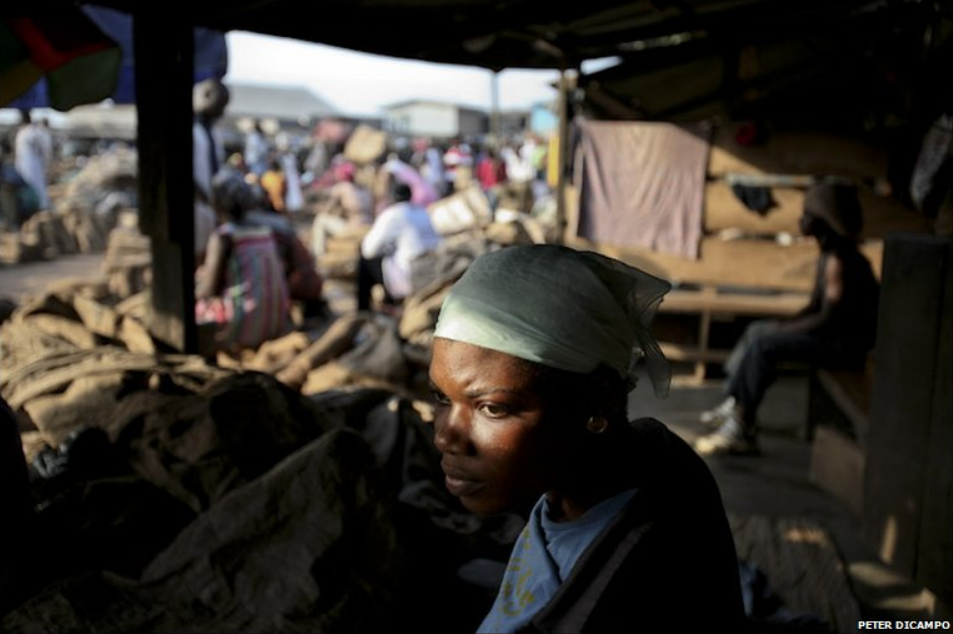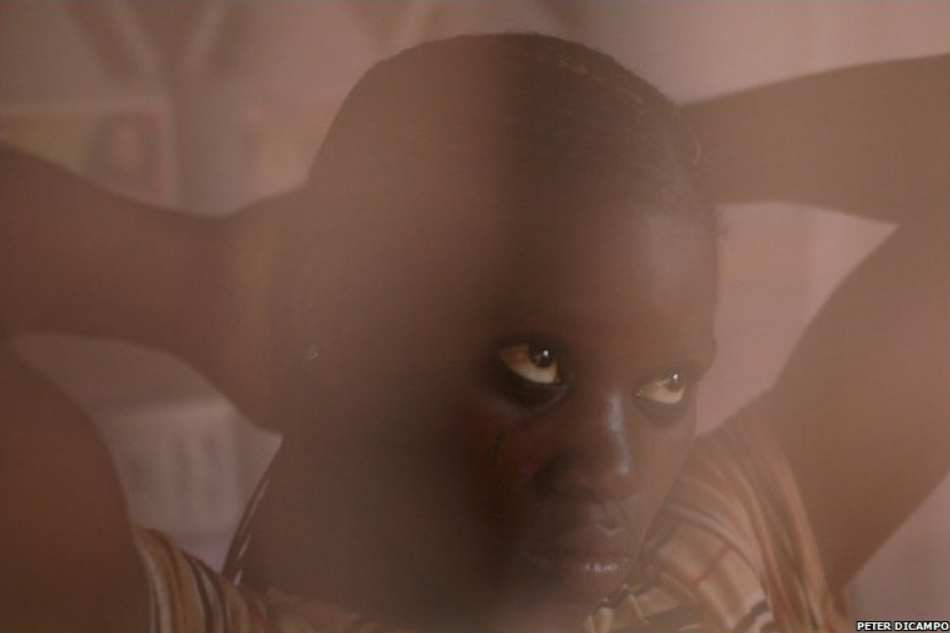February 15, 2010 | BBC
By
Peter DiCampo
Peter Dicampo follows women and girls from Ghana's barren north known as the Kayayo as they travel south in search of work as porters in city markets.























